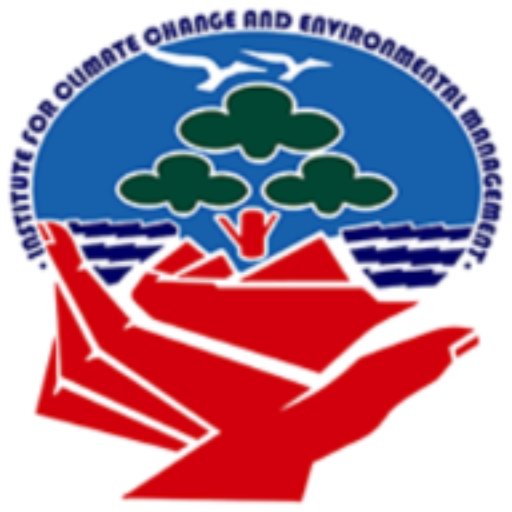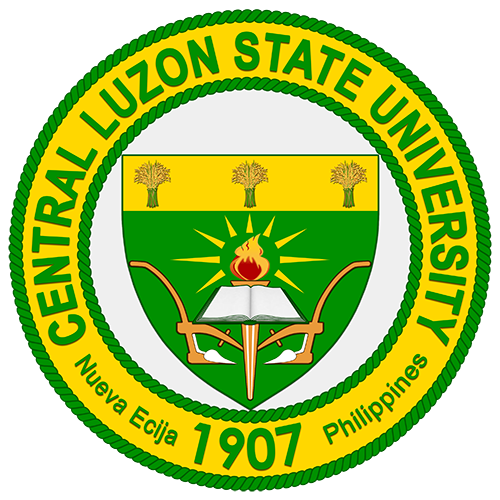ABOUT US
Historical Background
The adverse environmental risks and problems the country is facing necessitate a drive for environmental management toward sustainable development. This depends on extensive public awareness and understanding, adoption of new values and change in attitudes towards the preservation of our natural and agricultural resources.

Responding to the call for conservation and management of the natural environment, the Office of the Vice President for Academic Affairs of the Central Luzon State University proposed the creation of the Environmental Management Institute (EMI). The CLSU Board of Regents approved the establishment of the EMI on March 11, 1997.

Climate change is already affecting Southeast Asia including the Philippines with rising temperature, decreasing rainfall, rising sea levels, increasing frequency and intensity of extreme weather events such as typhoon leading to massive flooding, landslides and drought causing damage to property, assets and human life. Though climate change is global in nature, addressing climate change requires local action. Thus, integration of climate change and disaster risk management to Environmental Management Institute was proposed to step up efforts and make decisive actions to combat climate change in the region. The CLSU Board of Regents approved the integration of climate change and disaster risk management to Environmental Management Institute on September 21, 2011 and was named as the Institute for Climate Change and Environmental Management (ICCEM).

In 2020, the University Code was revised which include the reorganization of CLSU. All research institute and centers as well as academic institutes and centers of Academic Affairs Program were subsumed by the various colleges of the university. The Board of Regents approved the Revised University Code on July 9, 2020. Hence, the ICCEM became one of the units under the College of Science.

MISSION
CLSU shall develop globally competitive, work-ready, socially-responsible and empowered human resources who value life-long learning; and to generate, disseminate, and apply knowledge and technologies for poverty alleviation, environmental protection, and sustainable development.

VISION
CLSU as a world-class National Research University for science and technology in agriculture and allied fields.

PHILOSOPHY
The ultimate measure of the effectiveness of Central Luzon State University as an institution of higher learning is its contribution to and impact on the educational, economic, social, cultural, political and moral well-being and environmental consciousness of the peoples it serves.

CLSU CORE VALUES AND PRINCIPLES
- QUALITY AND EXCELLENCE
- INNOVATIVENESS AND CREATIVITY
- INCLUSIVENESS AND STEWARDSHIP
- TRANSFORMATIVE AND CARING
- EFFICIENCY AND EFFECTIVENESS
- HARD WORK AND INTEGRITY
- TRANSPARENCY AND ACCOUNTABILITY
- COMMITMENT TO PUBLIC SERVICE
OUR GOALS AND OBJECTIVES
The proposed goal and objectives of the Regional Institute for Climate Change and Environmental Management are as follows:
GOALS:
The Regional Institute for Climate Change and Environmental Management as a dynamic and world class institute dedicated to lead and provide research, development, extension and training services on the causes and consequences of climate change and provide environmental management in the natural and agricultural resources with options for healthy, sustainable and productive environment.
OBJECTIVES:
1. To develop local community into resilient, thriving and sustainable community that is empowered, educated and aware.
2. To help build resistance to climate change threats using knowledge, tools, technologies and resources that is environmentally friendly and ethical, ecologically sustainable, practical and affordable.
3. To develop partnership from all sectors of the society at the local, national, international levels to address climate change and environmental management.
4. To conduct researches on climate change, biodiversity, green technology (phytoremediation and botanical pesticides, etc.), remote sensing studies on environmental issues, disaster risk reduction and management and climate change impacts, pollution prevention and other environmental concerns.
5. To conduct training activities on climate change science, climate change impacts, local climate change adaptation plan, disaster preparedness, biodiversity conservation, environmental issues, environmental management, pollution prevention, etc.
6. To offer extension services through promotion and dissemination of environmental information for public understanding and awareness.
7. To spearhead environmental management and conservation activities in the Central Luzon.
8. To develop, improve and package proper/ appropriate technologies or management schemes to conserve the biodiversity of all ecosystems in the region.
9. To prepare, produce and distribute instructional materials on climate change, biodiversity conservation, environmental issues, environmental management, etc. in the region.
10. To establish learning centers and museums on biodiversity, climate change and green technology for public education and awareness.

